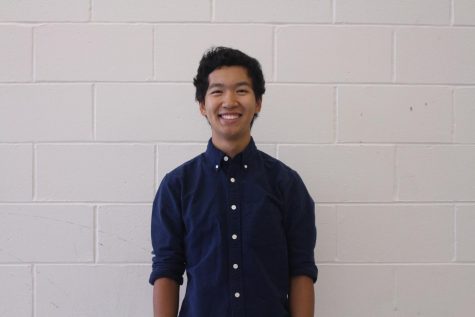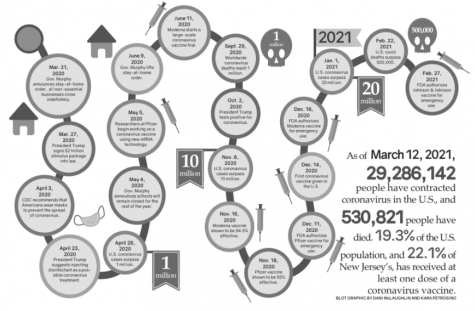Unhealthy comparison: a habit to be broken
September 13, 2019
For a school without rankings, CHS students create their own subtle methods of comparison and competition, arguably forgetting why CHS publishes no class rank in the first place. Through the guise of casual conversation, students pry for their peers’ grades to try and reduce concerns over their own results. However, it often backfires when one learns those around them only performed better, just causing more distress for the original student.
“I feel like there’s really no good side to sharing grades,” said junior Michael Rau of Manalapan. “I’ll feel bad because I didn’t do as well as someone else or they didn’t do as well as me.”
It becomes a cycle, from physics grades as a sophomore to college plans as a senior. This stress is coated over with another toxic practice: competing to care the least. This includes glamorizing poor habits, like “bragging” about lack of sleep for a sense of martyrdom. Instead of starting an open conversation about academic pressure, it quietly ingrains a sense of unhealthy competition further into our social culture. It can also belittle those who make an effort to manage their time by balancing their academic and personal lives. Success holds the same worth regardless if you spent five minutes or five hours studying.
“I definitely have some friends that will be like, ‘Oh my god, I didn’t study for this at all,’ and I’m like, ‘You say this every time, why don’t you just study for this?’” said senior Riley Brennan of Manasquan. “You can’t complain about something while also continuing to do it. At least when I procrastinate, it’s because I’m working or it’s because I have stuff to do. Complaining about that is understandable but complaining about your own lack of effort is not.”
Admitting you have trouble or need help is always a good idea, but it’s unhealthy to take it one step too far by glorifying it. Any race towards trying the least can leave those at the top of the class feeling guilty for their success.
“Most of the high A students, they hide their grades because they don’t want to make other people feel bad…everyone kind of knows who they are, it’s obvious,” said Physics teacher Steve Godkin.
If someone receives a high grade and is met with feeling of resentment, it discourages a sense of collaboration between students.
In an environment as small as ours, a negative outlook will only spread and encourage others to promote the same toxicity. As we settle into the new school year, strive to go forwards with a more positive mindset. Turn your attention away from others and focus on the only person you truly have direct control over: yourself. It will have a far better impact on both academic performance and mental health than turning to your seat partner and asking “So, what you’d get?”










